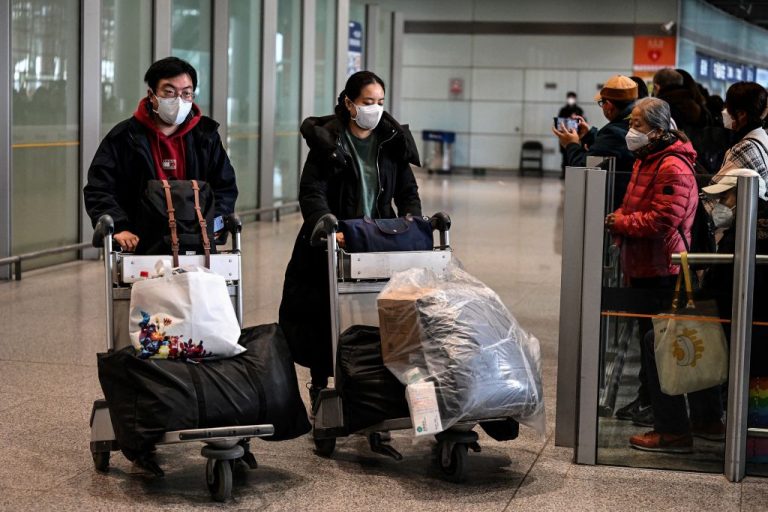In response to COVID-19 restrictions imposed on Chinese travelers, Beijing has fired back by denying short-term visas to travelers from South Korea and Japan.
Though the pandemic continues to rage in China, the country is once again up in arms against other governments for what the Chinese Communist Party (CCP) perceives as nonsensical.
Clash against visas
“Chinese embassies and consulates in Korea will suspend the issuance of short-term visas for Korean citizens,” the Chinese embassy in Seoul declared. The suspension will apply to visas “business, tourism, medical treatment, transit and general private affairs,” SCMP wrote.
According to China’s foreign ministry, the announcement of the restrictions came after Chinese foreign minister Qin Gang called his South Korean counterpart Park Jin. Qin also said that the latter told him that Seoul’s suspension was “based on science and objective evidence,” al-Jazeera reported.
Last week, Seoul suspended tourist visas for individuals who come from China. The CCP has since decried the restrictions as “unscientific” and “unacceptable”, promising retribution against other countries with its own measures.
Success
You are now signed up for our newsletter
Success
Check your email to complete sign up
South Korea’s Disease Control and Prevention Agency reported that about a third of all Chinese visitors tested positive before the restrictions came. Military personnel were stationed at the Incheon International airport — the only airport in South Korea allowed to bring in flights from China, Hong Kong and Macau.
“Personally, I think it’s [okay]. I have been through much worse during this pandemic,” William, a businessman based in Shanghai, told the BBC. “As a traveler I just try to comply with the policies as much as possible.”
“In my mind it’s not scientific at all,” said Emily from Hong Kong, who thought otherwise. “I feel like it’s a little bit unfair on this side. They must feel really unsafe, I suppose.”
One Chinese local attempted to escape South Korean authorities after he tested positive upon arrival in Seoul. Two days later, he was caught in a hotel in Seoul.
Seoul’s restrictions are planned to last until the end of the month, giving scientists time to monitor for any new variants from China.
READ MORE:
- Countries Tense as Communist China Unleashes COVID-positive Travelers to Airports Worldwide
- Global Economy Bets on China Learning to Live With COVID-19: Analysis
- Why Beijing Covered Up China’s New Outbreak and Won’t Accept Foreign Aid
While Japan continues to allow Chinese travelers — albeit if tested negative for COVID-19 — it is halting flights to specific Japanese cities.
“It is regrettable that a small number of countries still insist on adopting discriminatory entry restrictions against China in disregard of scientific facts and the actual situation of the pandemic in their own countries. China firmly opposes this and will take reciprocal measures,” foreign ministry spokesman Wang Wenbin said on Jan. 10.
“We once again call on the relevant countries not to engage in political manipulation, not to have discriminatory practices, and not to affect normal personnel exchanges and cooperation between countries.”
So far, more than a dozen countries have placed suspensions on Chinese travelers, including Britain, Japan, South Korea and the U.S.. Morocco placed a “blanket ban” on citizens from the country as well. Officials from the European Union (EU) also recommended stricter testing for Chinese arrivals, the BBC reported.
As China ceased its zero-COVID policy — for the first time since March 2020 — last month, it also began to reopen its borders on Jan. 8, right before other countries imposed their restrictions.














